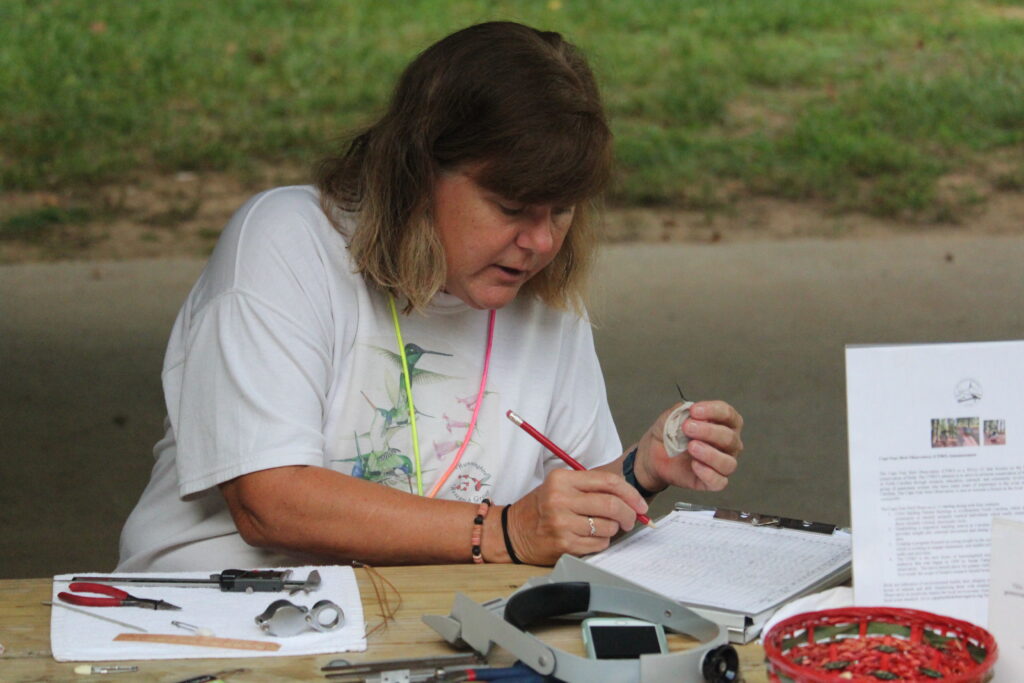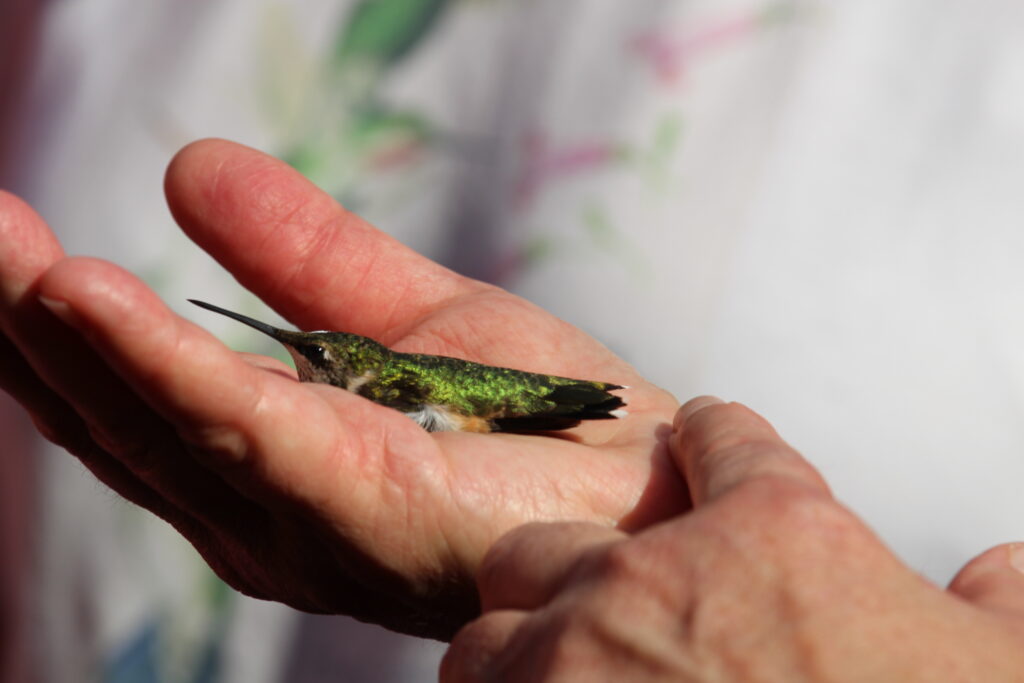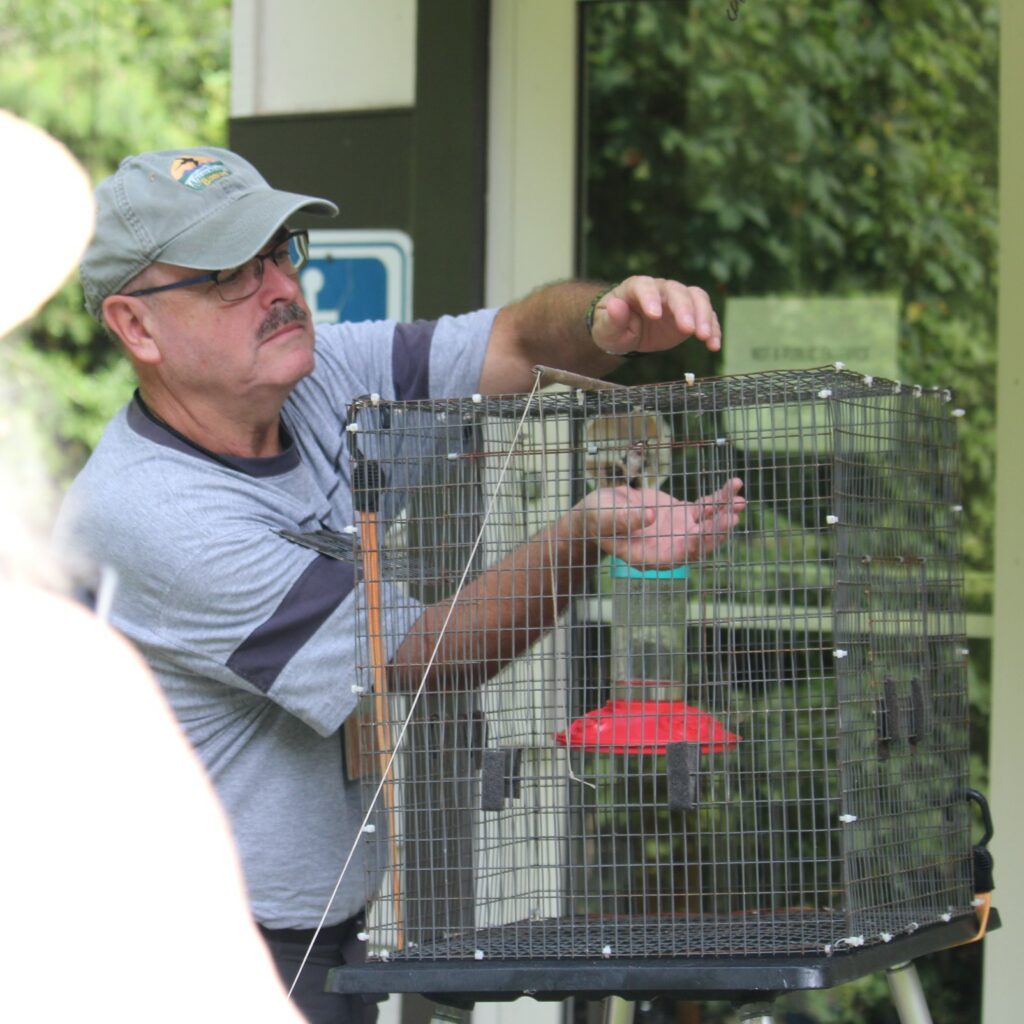It’s August. Summer camps are over. School hasn’t yet started. The weather outside is still fine, and the family is antsy for outdoor activity to help fill the gap. Enter: Mecklenburg County Park and Recreation’s Hummingbird Week.
Hummingbird Week
“They’re adorable little birds, honestly, and it seems like they’re so elusive,” said Park and Recreation Manager Alice Chambers. “We just built a festival around hummingbirds because they’re cool.”
The idea clearly stuck a chord with the community. In its first year, 2007, the one-day celebration of migratory birds included a workshop on banding and tracking birds. Expected to attract about 50 participants, the event brought in about 500. And that number doubled the following year.

Now, with multiple days and activities for all ages and interests, this free celebration is a can’t-miss, annual tradition for the whole family.
Do you want to attract hummingbirds to your garden? There’s a class for that. Are you an artist looking for a new nature subject? There’s a class for that. Do you enjoy nature walks and spotting wildlife habitats? There’s a class for that. Interested in biological research and tracking birds? There’s a class for that, too!
“It is our hope that people will not only admire and be amazed by these little birds, but also take actions to help them thrive as a species,” said Reedy Creek Nature Center Manager Jose Chavez.
A Little Bit About a Bitty Bird

Western parts of the United States can see more than a dozen kinds of hummingbirds, but east of the Mississippi, including in Mecklenburg County, the Ruby-throated Hummingbird is by far the most common. According to the National Audubon Society, they live among gardens, open woods, forest edges and local parks. Males are identified by the bright red feathers that cover their throats.
The Ruby-throat’s diet is mostly flower nectar and small insects. They will also feed on sugar-water mixtures in hummingbird feeders.
Planting attractive flowers that give hummingbirds sustenance is crucial to their migration.
Add bright and tubular flowers like Cardinal flowers and native honeysuckle to your garden. Hang hummingbird feeders high in the trees, near the ends of branches, in early and late summer. These will offer energy sources that help the birds fly to and from the tropical Americas. And they need plenty of energy to support their fast metabolisms. Their wings beat more than 50 times per second, and they can cross the Gulf of Mexico in one night!
Plus, hummingbirds are great pollinators that can help your flowers thrive without chemicals and pesticides.
The One and Only Recipe for Homemade Hummingbird Nectar

Want to hang a hummingbird feeder in your yard? There’s only one recipe you need for homemade nectar.
Ingredients
- 4 parts water
- 1 part white sugar
- 1 brightly colored hummingbird feeder. These are available for purchase at a nearby garden store, or at the Reedy Creek Nature Center gift shop. A colorful feeder, particularly one that is red, will be attractive to the birds.
Directions
- Heat the water until it is just boiling. Lower the temperature.
- Mix the sugar into the heated water until the sugar dissolves. Do not put red dye or any other additives into the mixture. A color of the feeder will be attractive enough to hummingbirds.
- Put the nectar in the refrigerator to cool.
- Fill your feeder with the nectar according to the feeder’s instructions.
- Place your feeder outside, perhaps in view of a window or bench, and enjoy your new visitors!
Don’t forget to clean your feeders regularly and replace the nectar every few days. Do this more often, daily if needed, during the hot summer days.
Interested in engaging with hummingbirds? Plan to join us at Hummingbird Week! Visit Park and Recreation’s program registration website to find events and sign up.
